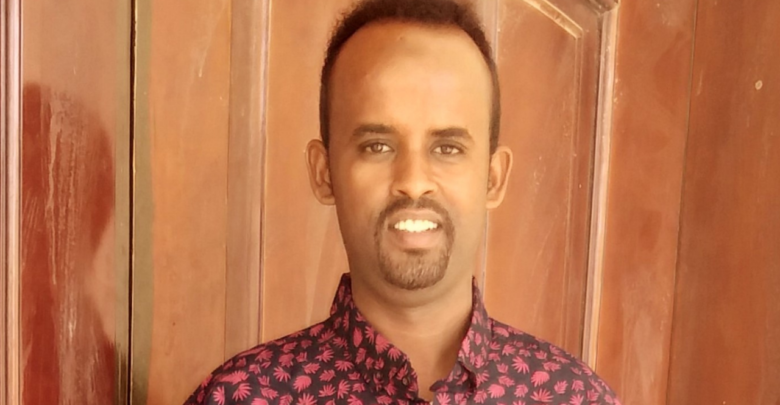The National Union of Somali Journalists (NUSOJ) rejects in totality, the conviction of freelance journalist Kilwe Adan Farah today, by a military tribunal in Garowe, capital of Puntland State of Somalia.
Kilwe, who initially detained incommunicado for more than two weeks, was sentenced to three months in jail running retrospectively from 28 December 2020. He was charged with inciting the public to violence before Puntland's Court Martial of first instance.
The charges stemmed from his arrest on 27 December 2020 by Puntland secret services (PISA), which accused him of “incitement to violence” by covering protests by members of the public. He was arrested after he covered public protests over spiralling inflation in Puntland.
“This is another example of the Puntland authorities wanton abuse of power and targeting of messengers. We reject this sentence in totality and denounce the practice of subjecting journalists to trials in military tribunals where decisions are arbitrary,” said NUSOJ Secretary General Omar Faruk Osman.
NUSOJ considers today’s verdict as a smokescreen intended to hide the blatant miscarriage of justice, and called upon the authorities in Puntland to put an end to this practice which is an open attack on freedom of the press and a brake on the aspirations of Puntland as an evolving democracy.
“Kilwe was arrested and has been held on no justifiable grounds. Today’s conviction is an illegal and futile attempt to legitimize injustice by making it appear that Kilwe is the beneficiary of due process. We insist that Kilwe has always been innocent and deserves redress rather than improvised justice” declared Osman.
NUSOJ demands that rather than harass journalists, Puntland authorities should instead direct resources at protecting them from attacks by non-state actors who on Monday gunned down independent journalist Jamal Farah Adan in Galkayo. Journalists deserve protection. They need to feel secure and safe before they can make their contribution to democratisation, peace building and national development.

